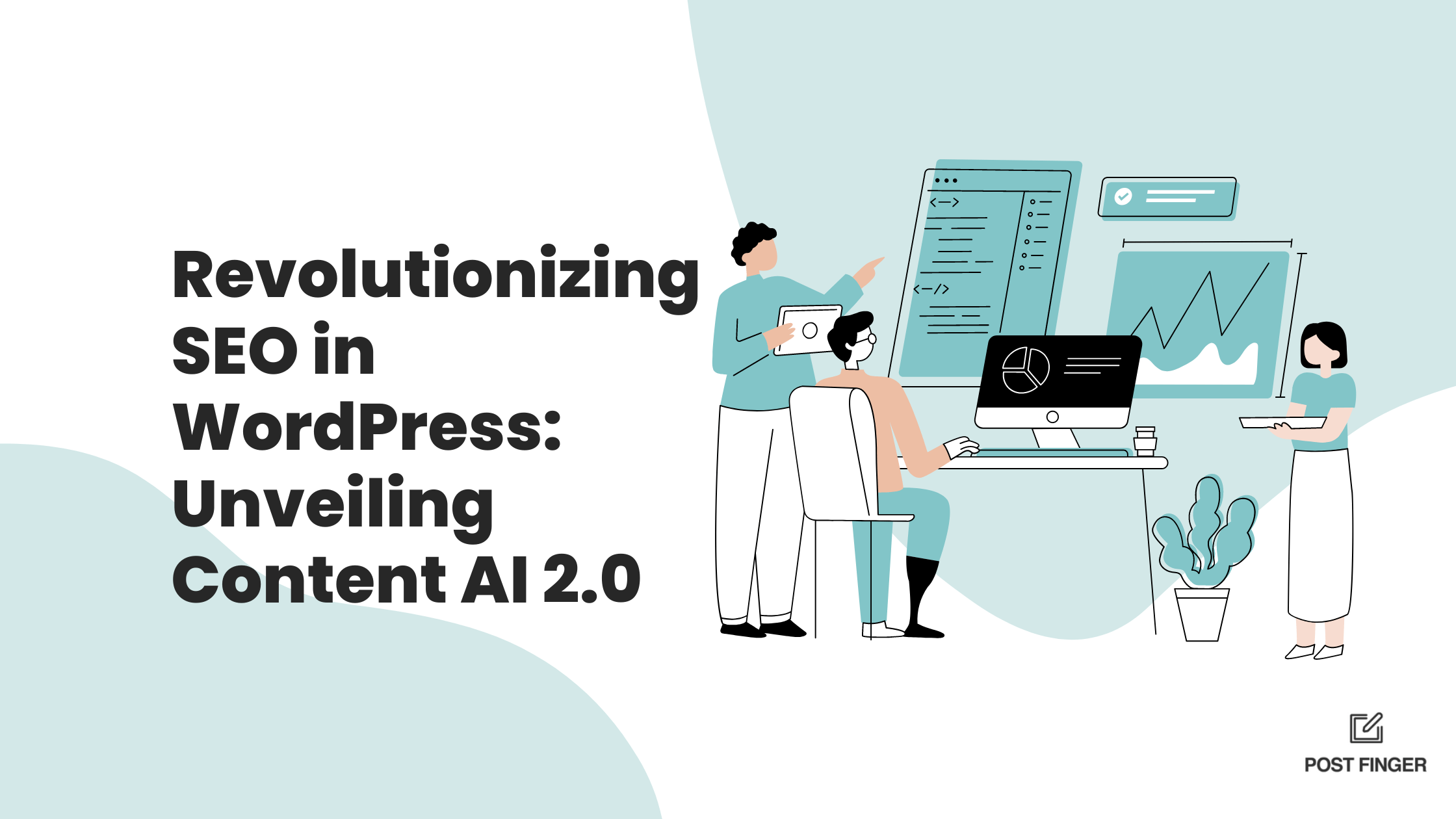For businesses of all sizes, SEO is an essential part of their marketing strategy. SEO not only helps your business rank higher in search engine results pages (SERPs), but it also establishes your company as an authority in its field. So what is SEO, exactly? Simply put, SEO is the practice of optimizing your website for better search engine rankings. This can be done through a variety of methods, including on-page optimization (like keyword research and placement), off-page optimization (like link building and social media engagement), and even pay-per-click advertising. Whether you are just starting out or have been doing SEO for years, these tips will help you optimize your website for better search engine visibility.
What is SEO?
SEO is an ongoing process that requires ongoing effort and attention to detail. The goal of SEO is to make your website as visible as possible for search engines, thereby improving your chances of being found by potential customers.
There are many different aspects to SEO, and it can be a bit confusing to understand exactly what you need to do in order to optimize your site. However, with some careful planning and execution, you can achieve great results.
Here are some key things you should keep in mind when optimizing your site for search engines:
-Make sure your site content is high quality and relevant to the keywords you’re targeting.
-Create effective titles, meta tags, and other metadata that help index your site more quickly.
-Optimize your images for online visibility.
-Ensure that all your site elements are properly coded and designed using HTML5 tags and CSS3 techniques.
What are the different types of SEO?
SEO improving a website’s ranking in search engine results pages (SERPS). This can be done by optimizing the website content, structure and on-page elements such as titles, metatags and anchor text, in order to increase visibility within search engines.
Types of SEO: on-page SEO and off-page SEO. On-page SEO focuses on improving the website content itself, while off-page SEO refers to activities such as links building and social media engagement that can help boost visibility for the website.
On-Page SEO:
1. Optimize your title tags: The title tag is the first thing that appears in a Google search result page (SERP), and should be optimized for both clickability and keyword density. Aim to use carefully chosen keywords that are relevant to your topic, and make sure they’re also included in catchy phrases (for example, “How to Increase Website Traffic with Title Tags”). Include at least three relevant keywords.
2. Optimize your meta description: The meta description is a short paragraph that appears beneath the title of a web page. It provides a brief overview of the content on the page and should be tailored to attract attention from potential visitors who aren’t specifically looking for what you have to offer. Try including keywords that describe what you have to offer (for example, “Earn Money with Free Stuff!”),
How does SEO work?
Search Engine Optimization (SEO) is a technique used to improve the visibility and ranking of a website or web page in search engine results pages (SERPs). In layman’s terms, SEO is the process of making your website look better in search engine results pages so that it appears higher up on the list. In order to optimize your site for SEO, you’ll need to understand three core concepts: keywords, on-page optimization, and backlink building.
Keywords are the words and phrases that you choose to target when optimizing your site. When individuals type in specific words or phrases into a search engine, your website should appear as one of the results. The more targeted your keywords are, the greater chance you have of appearing in Google’s top 10 listings for those words or phrases.
On-Page Optimization (OPT) is the art of making your website as user-friendly and attractive as possible. This includes things like creating well-designed and easy-to-understand pages, using effective titles and meta descriptions, installing valid HTML tags and ensuring proper spelling and grammar. All these factors work together to make your website look professional and trustworthy – two attributes that are essential for success with SEO.
Finally, backlink building is essential if you want to achieve long-term success with SEO. Backlinks are links from other websites to yours – either from within your own website content or from external websites that feature links within their articles or
The benefits of SEO
SEO is the improving the ranking of website on search engines. This can be accomplished by increasing the quantity and quality of traffic to a site from search engine users. In addition, SEO can help increase brand recognition and web traffic.
There are many different benefits to SEO, including:
Increasing Traffic to Your Site: One of the main benefits of SEO is that it can increase traffic to your site. By optimizing your content and adding in keywords, you may be able to improve your site’s ranking and attract more visitors.
Improving Rankings: Another benefit of SEO is that it can improve your rankings on search engines. This means that your site will appear higher up in results when users search for specific topics or keywords. This can lead to increased web traffic and brand recognition.
Increased Brand Recognition: When your site ranks high on search engines, it can also increase brand recognition. Studies have shown that sites with high rankings tend to generate more online traffic than sites that rank lower in search results pages (SERP). Therefore, if you want to achieve greater success with your business online, optimizing your site for SEO is a key step in the process.
Greater Visibility: Achieving high rankings on search engines also gives websites greater visibility across all web searches – even those outside of their niche marketplaces or niches themselves (due to increased Web exposure). Thus,
The top 3 mistakes that businesses make with SEO
There are three main mistakes that businesses make with SEO – not optimizing their website, not focusing on juice content, and not doing enough research. Not optimizing a website can result in a ranking that is much lower than it should be, while focus on juice content can lead to pages being created purely for the purpose of getting high search engine results. Finally, proper research is necessary to ensure that what is being done with SEO is actually helping the business achieve its desired outcome.
Conclusion
someone types in a keyword or phrase into a web browser, the first site that comes up is usually the one with the most traffic from that category. To get higher rankings for their websites, businesses must improve their visibility and rank on search engines by optimizing their pages for keywords related to their business goals. This can include making sure all website content is well written, creating topically relevant links to other websites, and using custom coding to make your website look different than others in its category.





